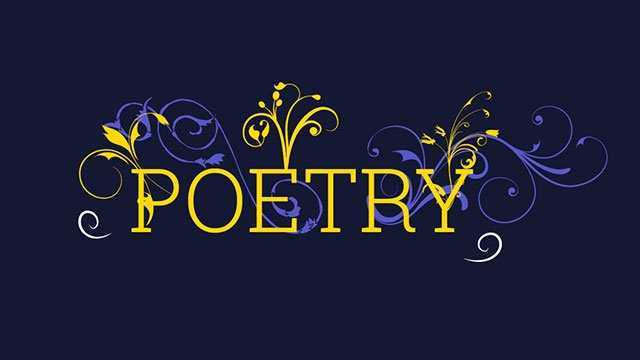Mystical writer, any of the artists in seventeenth century England who slanted to the individual and scholarly intricacy and focus that is shown in the verse of John Donne, the head of the Metaphysicals.
Their work is a mix of feeling and scholarly inventiveness, described by arrogance or "mind"— that is, by the occasionally fierce burdening together of evidently detached thoughts and things with the goal that the peruser is startled out of his lack of concern and compelled to thoroughly consider the contention of the ballad.

Otherworldly verse is less worried about communicating feeling than with dissecting it, with the artist investigating the openings of his cognizance. The intensity of the artistic gadgets utilized—particularly obliquity, incongruity, and Catch 22—are frequently fortified by an emotional certainty of dialect and by rhythms got from that of living discourse.
Regard for Metaphysical verse never stood higher than in the 1930s and '40s, to a great extent due to T.S. In this exposition Eliot contended that crafted by these men exemplify a combination of thought and feeling that later artists were not able accomplish in view of a "separation of sensibility," which brought about works that were either intelligent or enthusiastic yet not both without a moment's delay. Time permitting, be that as it may, the designation "powerful" was utilized disparagingly: in 1630 the Scottish artist William Drummond of Hawthornden questioned those of his peers who endeavored to "conceptual verse to magical thoughts and educational quiddities." At the finish of the century, John Dryden rebuked Donne for influencing "the mysticism" and for baffling "the psyches of the reasonable sex with pleasant theories of theory when he ought to draw in their souls . . . with the softnesses of adoration." Samuel Johnson, in alluding to the discovering that their verse shows, additionally named them "the otherworldly writers," and the term has proceeded being used from that point forward.
Eliot's reception of the mark as a term of acclaim is ostensibly a superior manual for his own goals about his own verse than to the Metaphysical artists themselves; his utilization of supernatural thinks little of these artists' obligation to expressive and socially connected with verse. In any case, the term is helpful for distinguishing the frequently scholarly character of their written work.
"Cheers"